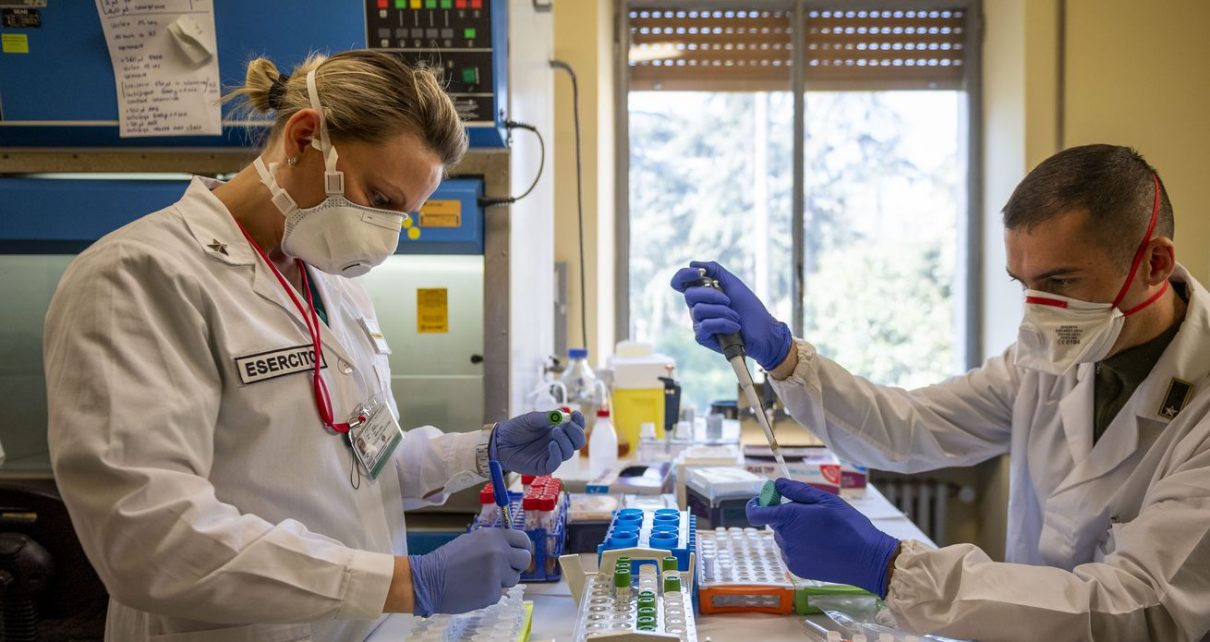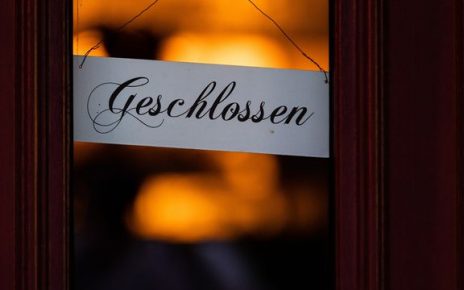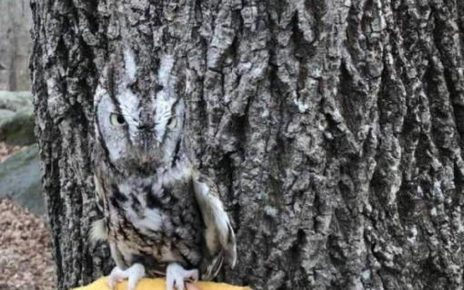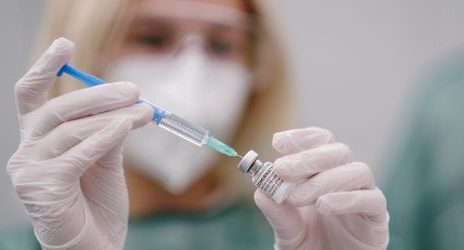
The US’s genome sequencing system has improved, but surveillance is dangerously inadequate in much of the world.
The omicron variant of the coronavirus has already shown up in more than 20 countries and it was in the United States by late November, health officials announced on December 1. A traveler who returned to California from South Africa was infected with the variant, which is also known to scientists as B.1.1.529.
“The individual was fully vaccinated and experienced mild symptoms, which are improving at this point,” Anthony Fauci, head of the National Institute of Allergy and Infectious Disease, said during a White House press conference on Wednesday. “So this is the first confirmed case of Covid-19 caused by the omicron variant detected in the United States.”
Omicron may be more transmissible than other versions of the virus, and its arrival adds huge urgency to genome sequencing efforts. By looking at the genes that code for the virus, scientists can distinguish the various strains of SARS-CoV-2, the coronavirus that causes Covid-19. They can often trace where it came from and anticipate some of the traits that set it apart, like how readily it could spread or how easily it could evade our immune systems.
The US has gotten drastically better at this kind of detective work, said Kristian Andersen, a professor of immunology and microbiology at California’s Scripps Research Institute, in an email. But the country is still relying on an ad hoc patchwork of laboratories, making it hard for scientists to sequence genomes quickly and report results for everyone to see. “A lot of it is still hacked together, including our own operations here in San Diego,” Andersen said.
And there are still places in the world where barely any genetic sequencing of SARS-CoV-2 is occurring at all. Other more dangerous variants of the virus may be lurking in those blank spaces. That’s why scientists say the search for the next variant shouldn’t be limited to countries with the most resources and labs, like the US. Many are urging wealthier countries not only to distribute Covid-19 vaccines and treatments, but also to bolster viral sequencing across the world.
Genome surveillance is why we know about the omicron variant at all
The origins of omicron still aren’t clear, and we don’t know how it arrived in different countries. But the variant showed how quickly a virus can spread undetected.
South Africa and Botswana announced in late November that they detected the new variant, but it was likely already circulating in those countries for weeks based on the number of cases detected. Health officials in Belgium, Germany, and the Netherlands later reported that samples showed that the omicron variant may have already been in Europe by the time South Africa and Botswana raised the alarm.
It’s not an accident that South Africa was among the first to find it. “The variant is much more prevalent in South Africa than Europe — the higher the prevalence, the more likely one is to detect it,” Andersen said. “That said, South Africa has excellent surveillance that is better than most other countries.”
Genetic surveillance might also explain why omicron was found in California first, at least according to California Gov. Gavin Newsom. “It’s not surprising in many respects that California is announcing the first case,” Newsom said at a press conference on Wednesday. The state is a hub for biotechnology, and the University of California San Francisco has “one of the leading genomic sequencing institutions in the world,” he added.
Detecting new variants as they start to spread is a massive scientific and logistical challenge. Scientists and health officials often have to sequence the entire set of genes — the genome — that codes for the coronavirus in a sample, a process that’s far more expensive and complicated than simply testing whether people are infected. SARS-CoV-2’s genome is about 30,000 base pairs long and codes for 29 proteins.
Researchers then look for telltale mutations that reveal the presence of a variant. (Some conventional Covid-19 PCR tests can also be tweaked to sort between different variants, but that requires a more sophisticated screening system.)
Genetic information is already helping Covid-19 vaccine manufacturers study how to tailor their immunizations to omicron, though companies say that their current vaccine formulations still appear to be effective. But the announcement of the variants also led to restrictions on travelers from African countries, something that scientists worry could deter countries from reporting future variants. Surveillance is most effective if the information is shared globally, so staying ahead of new mutations demands international cooperation.
Many countries have struggled to keep up with the genetic surveillance needed to see which version of the virus is causing the most damage, often for lack of money and resources. The US was also criticized for not doing enough genome sequencing to stay ahead of variants as the new strains took root earlier this year. “It’s embarrassing, is all I can say,” Diane Griffin, a microbiologist and immunologist at Johns Hopkins, told Vox in January.
The US has since stepped up its genetic surveillance of SARS-CoV-2, bolstered by an influx of more than $1 billion to the Centers for Disease Control and Prevention, city health departments, and state governments to identify the specific variants of the virus in circulation. Officials also invested in creating reporting systems for SARS-CoV-2 genomes. US government labs this year have more than doubled their rate of genome sequencing. Private labs and academic institutions have also chipped in.
US labs are now sequencing and reporting 29 genomes for every 1,000 Covid-19 cases detected, about 20,000 per week, which puts the US among the top 20 countries in the world. “We have very few blind spots in the US as a result of this,” Anderson told Vox.
Still, it takes the US a median time of 28 days to sequence these genomes and upload the results to international databases. Contrast that with the United Kingdom, which sequences 112 genomes per 1,000 cases, taking a median of 10 days to deposit their results. A delay of only a few days in detection can give variants time to silently spread within communities and across borders.
Massive gaps in Covid-19 genetic sequencing leave the world vulnerable to variants
There are huge swaths of the world where genome sequencing is lagging far behind the US and other wealthy countries. “This means that there is a delay in detecting and reporting novel variants in regions of the world where there are low levels of sequencing and data sharing,” Alina Chan, a molecular biologist at the Broad Institute, said in an email.
/cdn.vox-cdn.com/uploads/chorus_asset/file/23055887/Screen_Shot_2021_12_01_at_1.03.19_PM.png) COVID CG
COVID CGWith vast shortfalls in genome sequencing across South America, Africa, and Asia, other dangerous mutations in the SARS-CoV-2 virus may remain undetected. But sequencing genomes demands time and resources that also have to be balanced with other public health needs. In a pandemic, health officials have to weigh genetic surveillance against testing, treatment, and vaccination, and there’s only so much money and lab capacity to go around.
“We cannot sequence every single person who tests positive,” said Emma Hodcroft, a molecular epidemiologist at the University of Bern. “We will miss things that are circulating at very low levels.”
Hodcroft and Andersen said an ideal benchmark would be to sequence between 5 percent and 10 percent of genomes in positive Covid-19 cases across the world. However, they acknowledged that this would be immensely difficult in countries with fewer resources. “Even getting a sequencing machine to a lot of these countries is an absolute logistical nightmare, and we have not done a whole bunch in this pandemic to try and support more global sequencing surveillance,” Hodcroft said.
So in addition to sharing vaccines and tests for Covid-19 with developing countries, countries like the US should also help set up laboratories around the world to conduct more genetic surveillance and reporting. Otherwise, another variant could surprise the world and undo some of the hard-fought progress against the virus.





